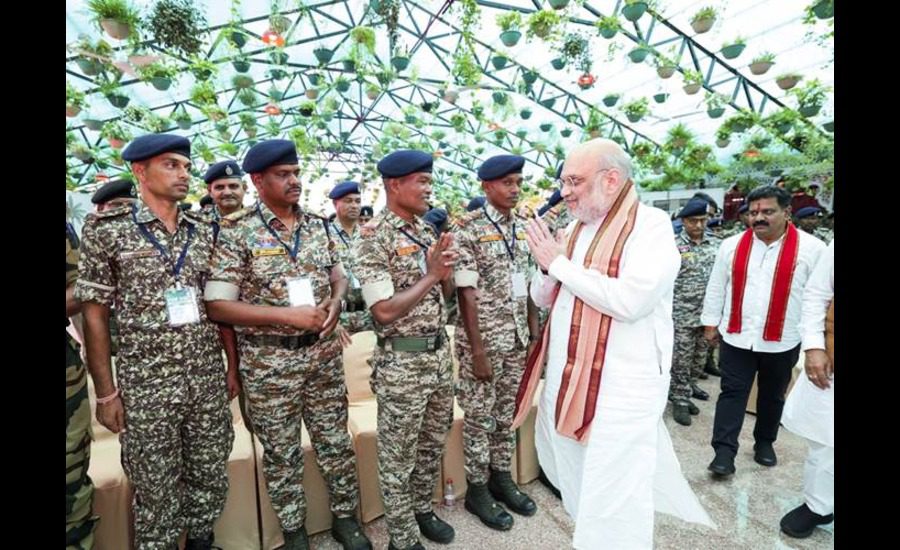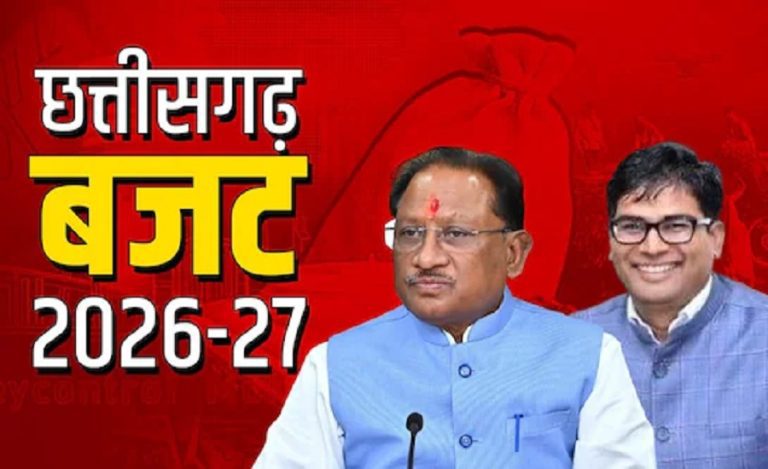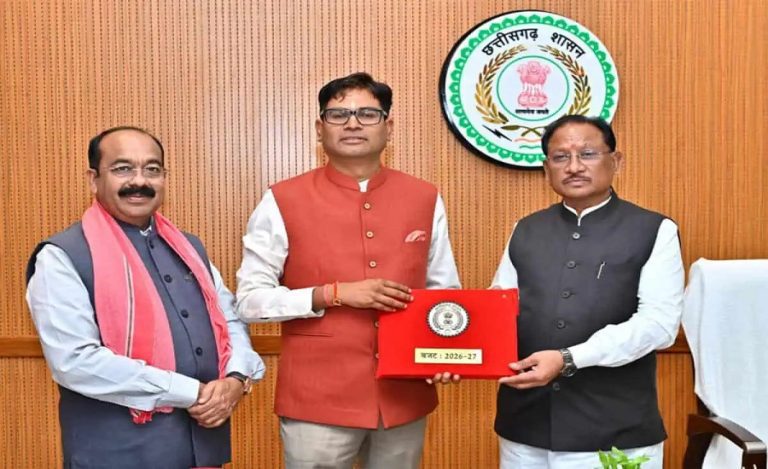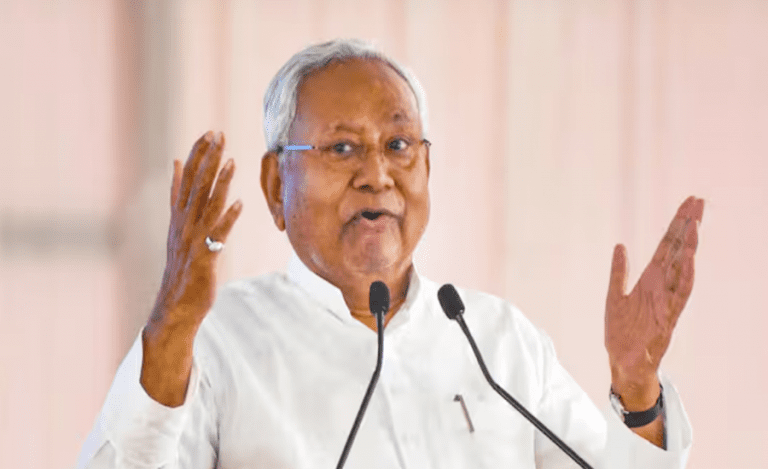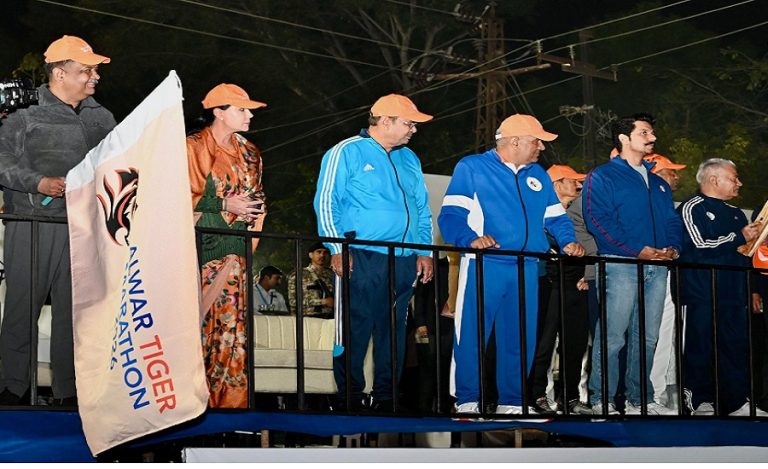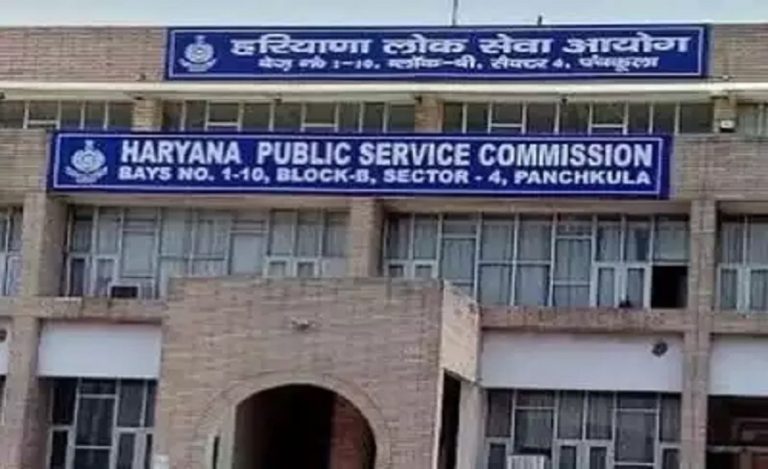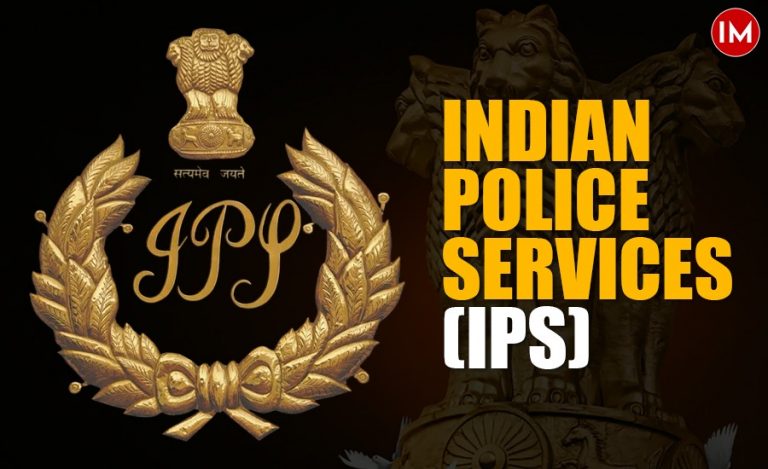New Raipur : Chhattisgarh: Union Home Minister and Minister of Cooperation, Amit Shah, today addressed and interacted with security personnel in New Raipur, Chhattisgarh, as part of the government’s ongoing efforts to combat Naxalism. He was joined by Chief Minister Shri Vishnu Deo Sai, Deputy Chief Minister Shri Vijay Sharma, Union Home Secretary, Director of the Intelligence Bureau, Director General of the Border Security Force (BSF), and other senior officials.
“Victory Over Naxalism Will Be a Defining Moment Since Independence”
Shri Amit Shah reiterated the government’s firm commitment to eradicating Naxalism by March 31, 2026, under the leadership of Prime Minister Narendra Modi. Calling the day India becomes free from Naxal terror “one of the most significant moments since Independence,” Shah highlighted the magnitude of the battle being fought on the ground by security forces.
He emphasized that it is not merely a military operation but a socio-political transformation — restoring dignity, peace, and development to some of India’s most neglected regions.
Tribute to the Forces: “Bravery of Our Jawans Will Be Written in Golden Letters”
Paying homage to the courage and commitment of India’s armed and paramilitary forces, Shah said, “I have full faith that it is the bravery and tireless efforts of our security forces that make the battle against Naxalism a success.”
He lauded the Central Armed Police Forces (CAPF), CoBRA units, Chhattisgarh Police, and the District Reserve Guard (DRG) for dismantling entrenched Maoist hideouts. “The way they’ve performed with patience and courage has astonished security forces across the world,” he said.
Naxalism: A Catastrophe for Tribal and Poor Communities
Calling Naxalism a “grave catastrophe,” Shah revealed that over 40,000 people have lost their lives in Naxal violence over the past 35 years. Countless others have been injured or disabled, and millions more were left without access to essential services such as electricity, healthcare, education, housing, sanitation, and drinking water.
He said entire generations in tribal belts were denied progress due to the Naxal menace, and compared their condition to slavery imposed by fear and violence.
Development as a Weapon: “Delivering Food, Water, and Education Where Red Terror Once Ruled”
Highlighting the government’s dual strategy of security and development, Shah noted that as Naxalism is pushed back, the administration is rapidly expanding infrastructure and public services. “Food, healthcare, education, electricity, housing, and clean water are being delivered to areas once ruled by red terror,” he said.
He emphasized that this is not just about restoring law and order — it’s about permanently uplifting and integrating these areas into India’s growth story.
“When a Child Picks Up a Pencil Instead of a Gun, the Nation Changes”
In a powerful statement reflecting the emotional and generational impact of peace, Shah said, “When a child picks up a pencil instead of a gun and begins writing ‘Ka, Kha, Ga,’ it doesn’t just change the future of that child, but of the entire nation. That moment is very close.”
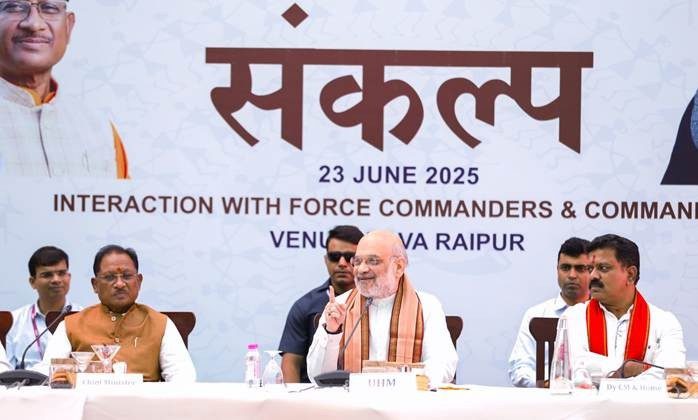
Releasing ‘Leor Oyna’: A Book on Naxal Victims
At the event, the Home Minister also released the book ‘Leor Oyna’, which documents the lives and stories of innocent victims of Naxal violence. The book aims to provide insight into the suffering of those caught in the crossfire and counters the narrative of those who show undue sympathy for extremists under the guise of human rights.
“The book will open the eyes of those who sympathize with Naxalites and will help expose the brutal reality behind their so-called revolution,” Shah added.

